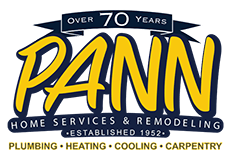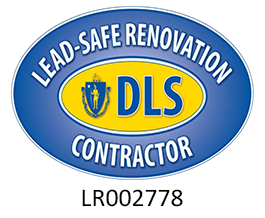There are times when it’s a no-brainer – you need to call a plumber. You know, when a burst pipe is flooding your home and belongings, your water heater has produced its last drop of hot water, or there’s nothing on earth you can do clear a clogged drain.
Still, learning a few plumbing basics can help you troubleshoot an issue on your own, or at the very least, prevent further damage while you wait for help to arrive.
Here are 9 basic plumbing tips every homeowner should know.

1. Location of shut-off valves. Know the location of main shut-off valves and sewer line access points. If you live in a condo, it may not have its own dedicated shut-off valve, but you still need to know where and how to stop water from entering your unit.
2. Careful around pipes. Before drilling or nailing holes into walls, floors, or ceilings, make sure there are no plumbing pipes running behind them. An inexpensive stud finder works just fine to avoid a water mess.
3. Don’t use toilets as trash cans. The only things that should ever be flushed is human waste and toilet paper. Even so-called “flushable” wipes can lead to nasty clogs.
4. Careful what you put down the drain. Fats, oils, and grease will harden and coat pipes, resulting in a tough to budge clog. Also, follow your garbage disposal manual to know exactly what it can and cannot handle.
5. Have more than one plunger. Invest in a good plunger to tackle kitchen and bathroom drain clogs – these are often short-handled and have flat plunging surfaces to completely cover the drain. For the bathroom, you want a toilet plunder that comes with a soft rubber flap that folds out from inside the cup. This type is also called a flange plunger.
6. Invest in a wet-dry vac. Whether it’s dislodging a small, hard object from the toilet (like a small toy or your brand-new smartwatch) or cleaning up a flooded basement, a wet-dry vac is an invaluable piece of equipment.
7. Tend to leaks promptly. That drip-drip-drip is not only annoying, but it also wastes gallons and gallons of water each day. Fix leaks right away to prevent money from going down the drain right along with the water.
8. Regularly check for leaks. Speaking of leaks, you can’t fix them if you don’t know they exist. Check all exposed plumbing regularly and repair as needed. Suspect a leak but can’t find it? Make sure no one is using any plumbing fixtures or water-using appliances, then check the water meter. Jot down the reading, wait 30 – 60 minutes, and check again. If it’s changed, you have a hidden water leak.
9. Don’t over-tighten fittings. Hand-tight is just right, so don’t overtighten fittings otherwise you might be left with stripped screws and broken bolts.
Do you know how long it takes to becomes a Master Plumber? About 7 years. Which means we know plenty about what it takes to keep things running smoothly, and what it takes to restore or replace damaged plumbing as needed. For prompt service, guaranteed price quotes, and our 100% satisfaction guarantee, contact Pann Home Services for any residential or light commercial plumbing need.









